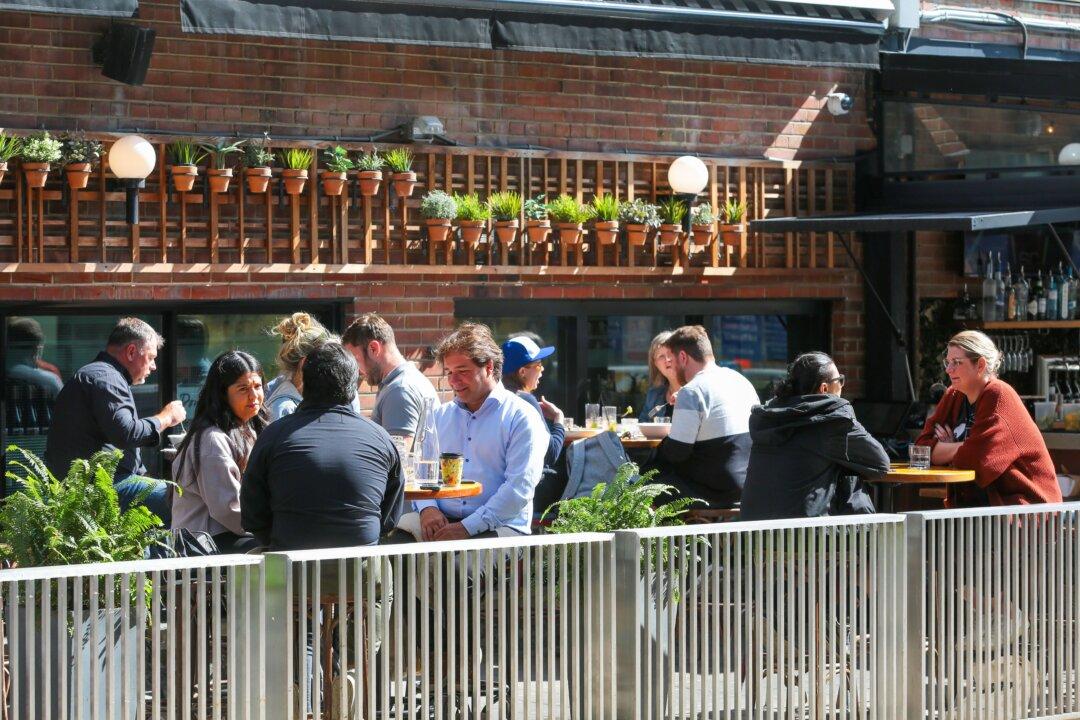Thousands of restaurants across the country are at risk of closure with the Jan. 18 deadline to pay back pandemic-era loans just around the corner.
Restaurants Canada CEO Kelly Higginson said paying back even part of the Canada Emergency Business Account (CEBA) loans backed by the federal government is difficult if not impossible for many restaurant owners who simply don’t have up to $40,000 to reimburse Ottawa.





